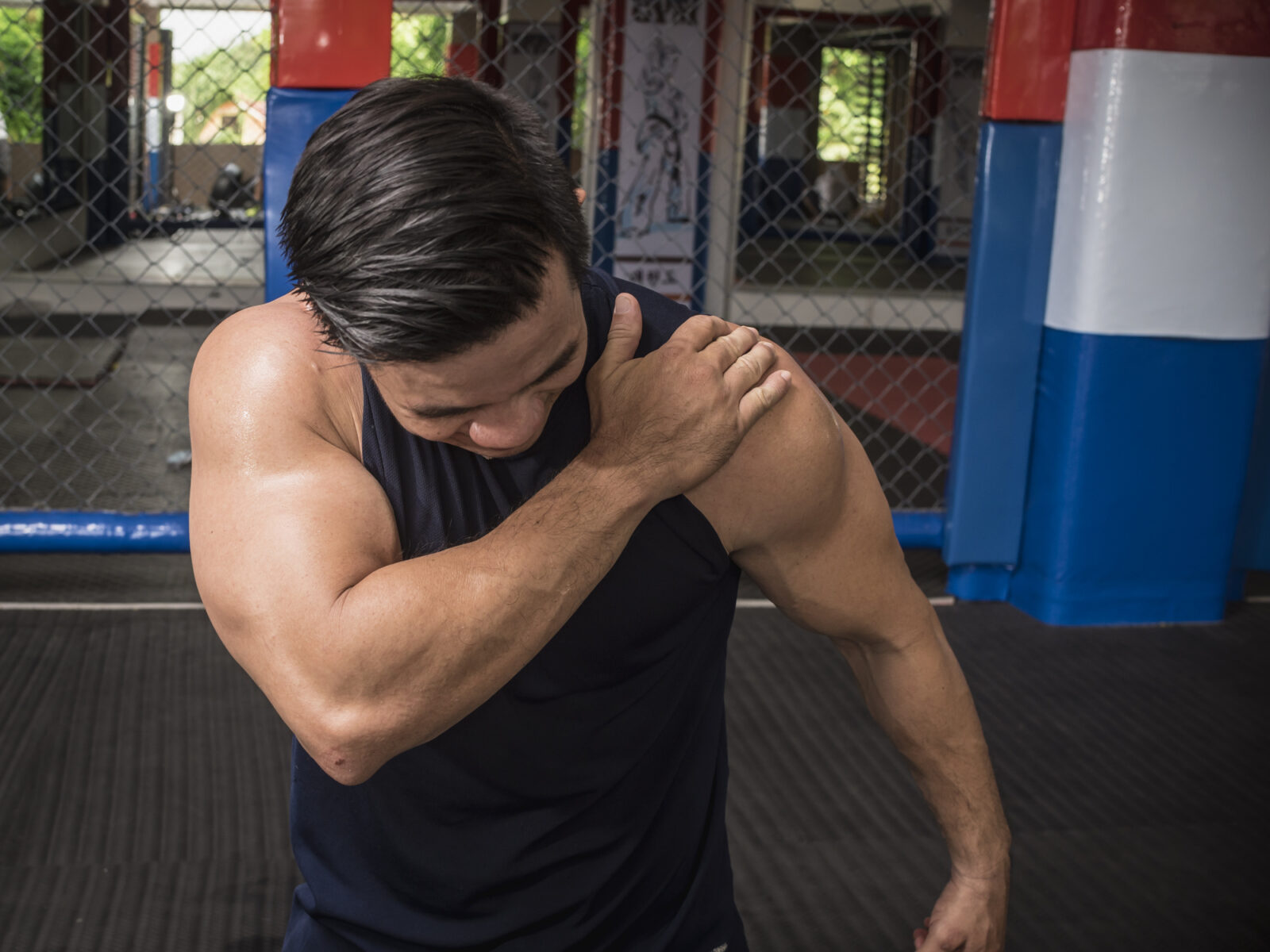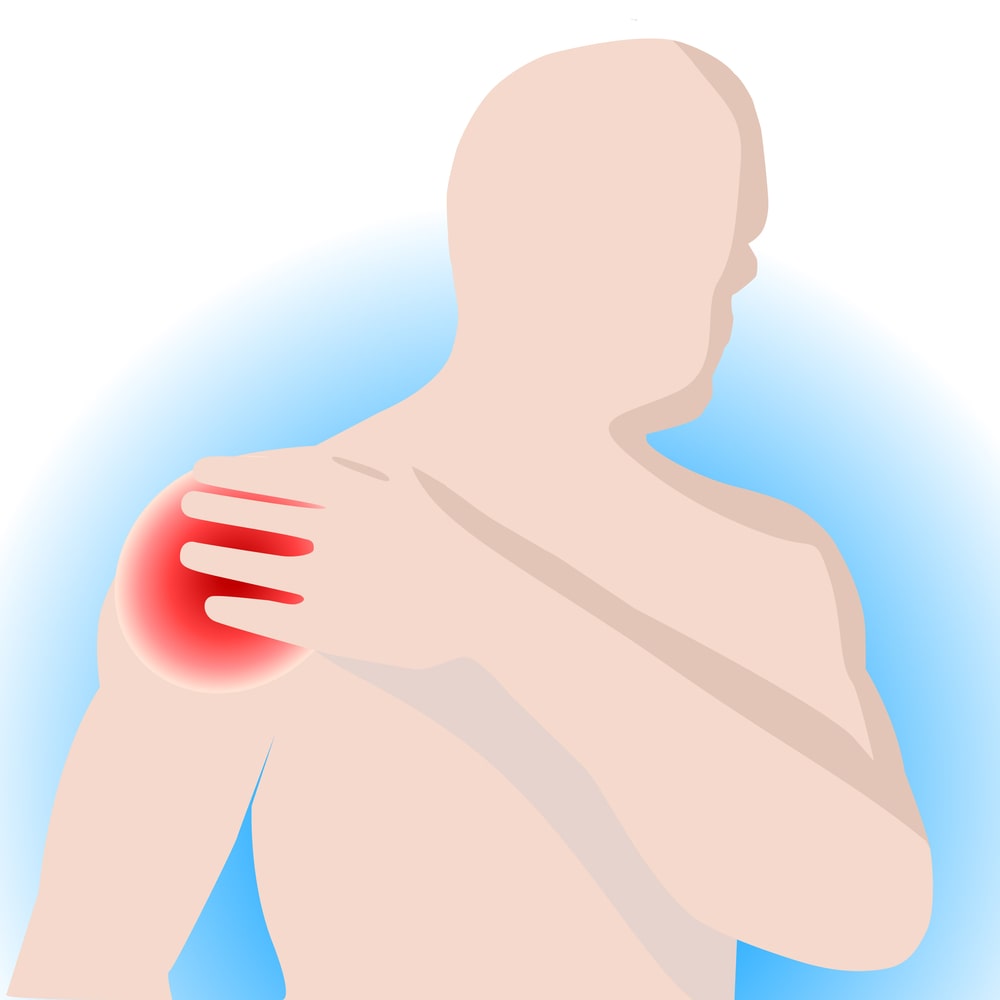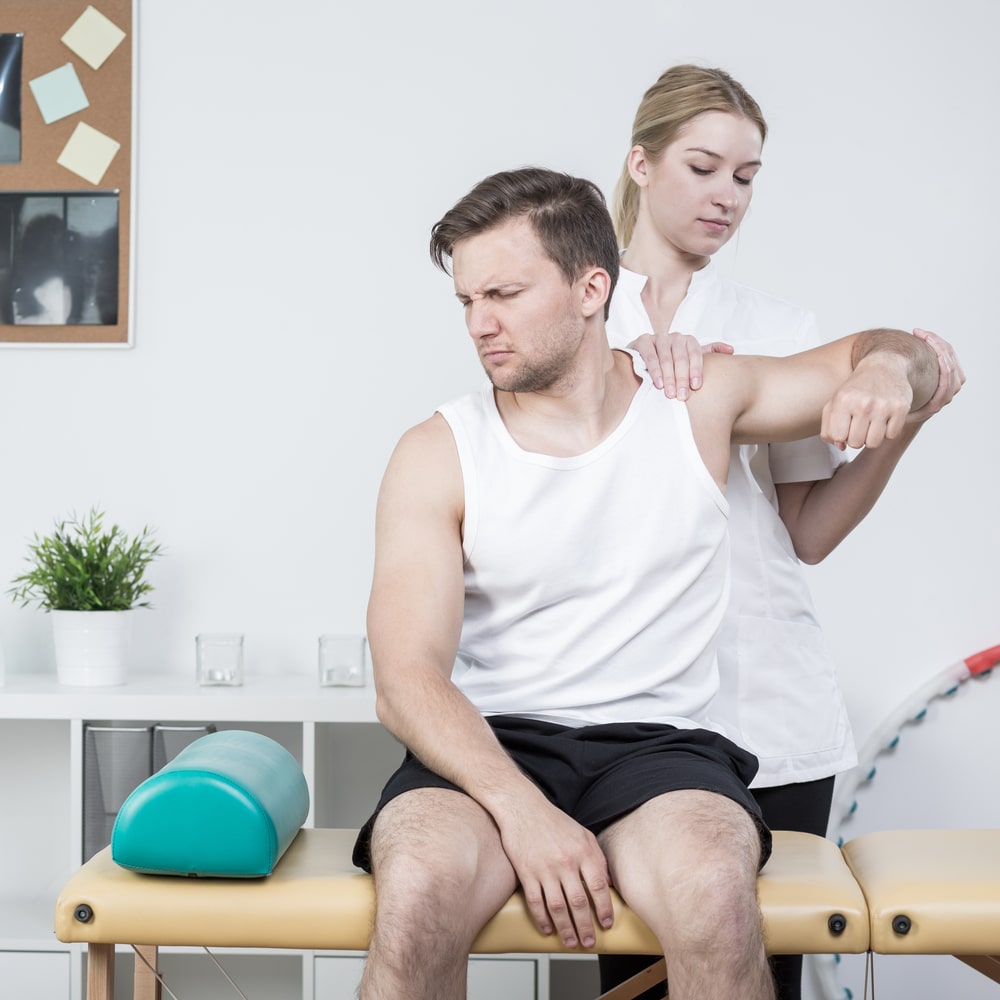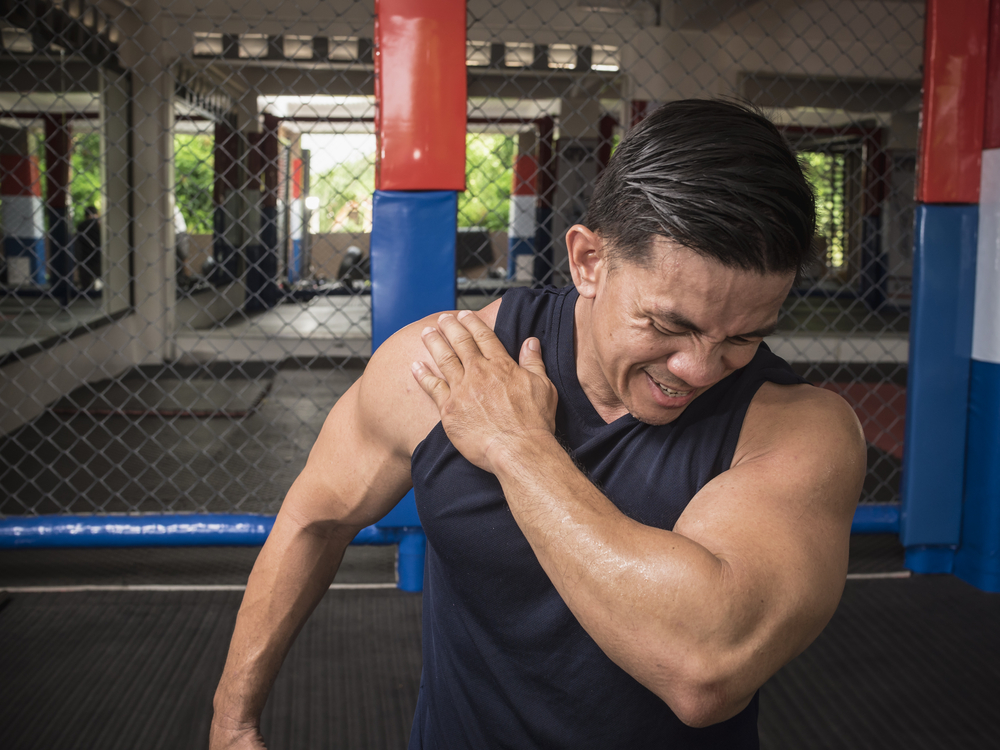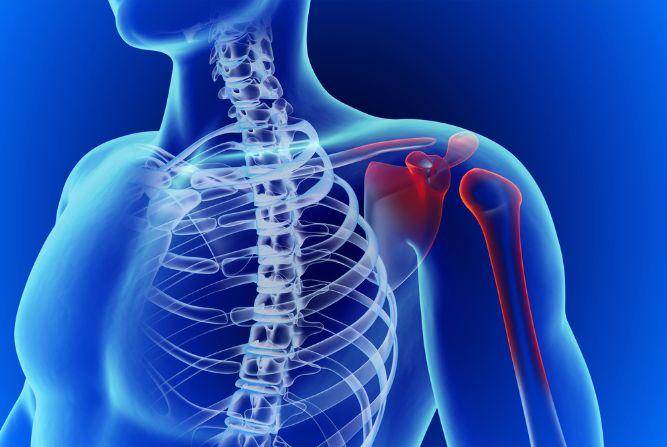The shoulder is held in place by a group of four muscles and tendons, called a rotator cuff, which covers and protects the humerus and lets you raise and move your arm. Pain in your shoulder can have many causes. Below, you’ll find common conditions that cause extended shoulder pain and discomfort. Many of these conditions are commonly treated within sports medicine, which specializes in musculoskeletal health.
If you are experiencing any of these symptoms, it is recommended that you contact an orthopaedic shoulder specialist in Wayne, NJ for an evaluation.
Dislocation
A dislocation is essentially when your arm pops out of its socket. This could happen if the shoulder is pulled back too hard or rotated too far. You will feel pain and weakness in your shoulder. You may also have swelling, numbness, and bruising.
Separation
This injury affects the joint where your collarbone and shoulder blade come together. It’s called the acromioclavicular (AC) joint. A fall or hard blow tears the ligaments holding it together. If your collarbone gets pushed out of place, you’ll have a bump on top of your shoulder.
Fracture
A bone can break or crack if you fall or take a hard hit. The most common breaks are to the clavicle (collarbone) and the humerus (arm bone closest to your shoulder). You’ll have a lot of pain and it may bruise. If your collarbone is broken, your shoulder can sag and you might not be able to lift your arm.
Cartilage Tear (Labrum)
You can injure the cartilage (the rubbery padding) that goes around the rim of your shoulder joint. It can happen after doing the same motion over and over. You can also hurt it in a fall or anytime your shoulder absorbs a lot of force. With this type of injury, you might feel pain when you reach over your head, and your shoulder could seem weak. It might also feel like it’s catching, locking, or grinding.
Rotator Cuff Tear
Your rotator cuff is the group of muscles and tendons in your shoulder that hold your arm in place and let you lift your arm overhead. You can damage it through overuse or in a fall. It also begins to show wear and tear as you age. Your shoulder may hurt at night and when you try to lift things. You might hear a crackling sound when you move it.
Frozen Shoulder
This condition limits how much your joint will move. Abnormal bands of tissue (adhesions) build up in the joint and keep your shoulder from moving freely. Your shoulder might “freeze” because pain or surgery have made you use it less, allowing the adhesions to build up.
Impingement
This happens when the tendons of the rotator cuff get pinched in the bones of the shoulder. It can cause swelling and pain. If you lift your arms over your head a lot, it can set this off.
Bursitis
The bursa (a fluid-filled sac that cushions in your joint) can get swollen and irritated if you repeat the same motions over and over again. But it can also be caused by a fall or another injury. If you have bursitis, you may notice the pain most when you move your shoulder.
Other Causes of Shoulder Pain:
Osteoarthritis
Also called degenerative joint disease, this is the most common form of arthritis. It can affect any joint, including your shoulders. The cartilage between bones breaks down, and they rub together. This can cause pain and stiffness.
Rheumatoid Arthritis
This is a disease that causes your body’s immune system to attack the protective lining in your joints. It can also cause pain and stiffness in your shoulders.
Referred Pain
Sometimes your shoulders hurt when there’s nothing wrong with them. The most common referred pain is from the neck. This can be due to neck arthritis and irritation to the nerves as they exit the neck. This can also be a sign of trouble with your gallbladder, liver, or another organ. Sudden shoulder pain can also be a sign of a heart attack. If your shoulder hurts and you have trouble breathing or your chest feels tight, you should seek emergency medical help right away.
Tendinitis
This is when the tendons that make up your rotator cuff get inflamed. It can happen slowly over time or as the result of a fall or a direct hit to your shoulder.
Bone Spurs
Also known as “osteophytes,” these small, smooth pieces of bone rub up against and wear on your rotator cuff and keep your shoulder from moving the way it should. They can lead to tendonitis or a rotator cuff tear.
Heart Attack
If your shoulder hurts and you have trouble breathing or your chest feels tight, you might need emergency medical help right away.

